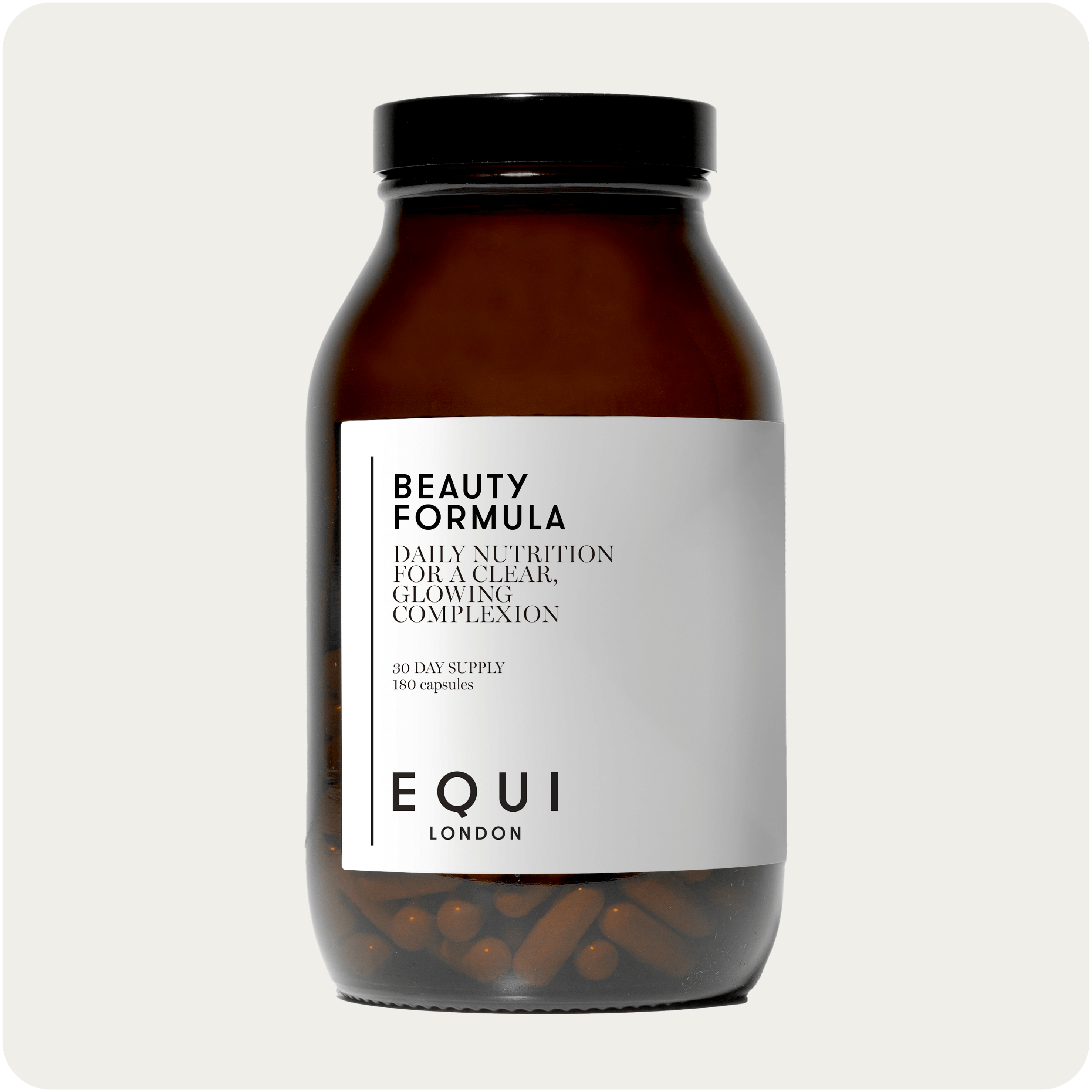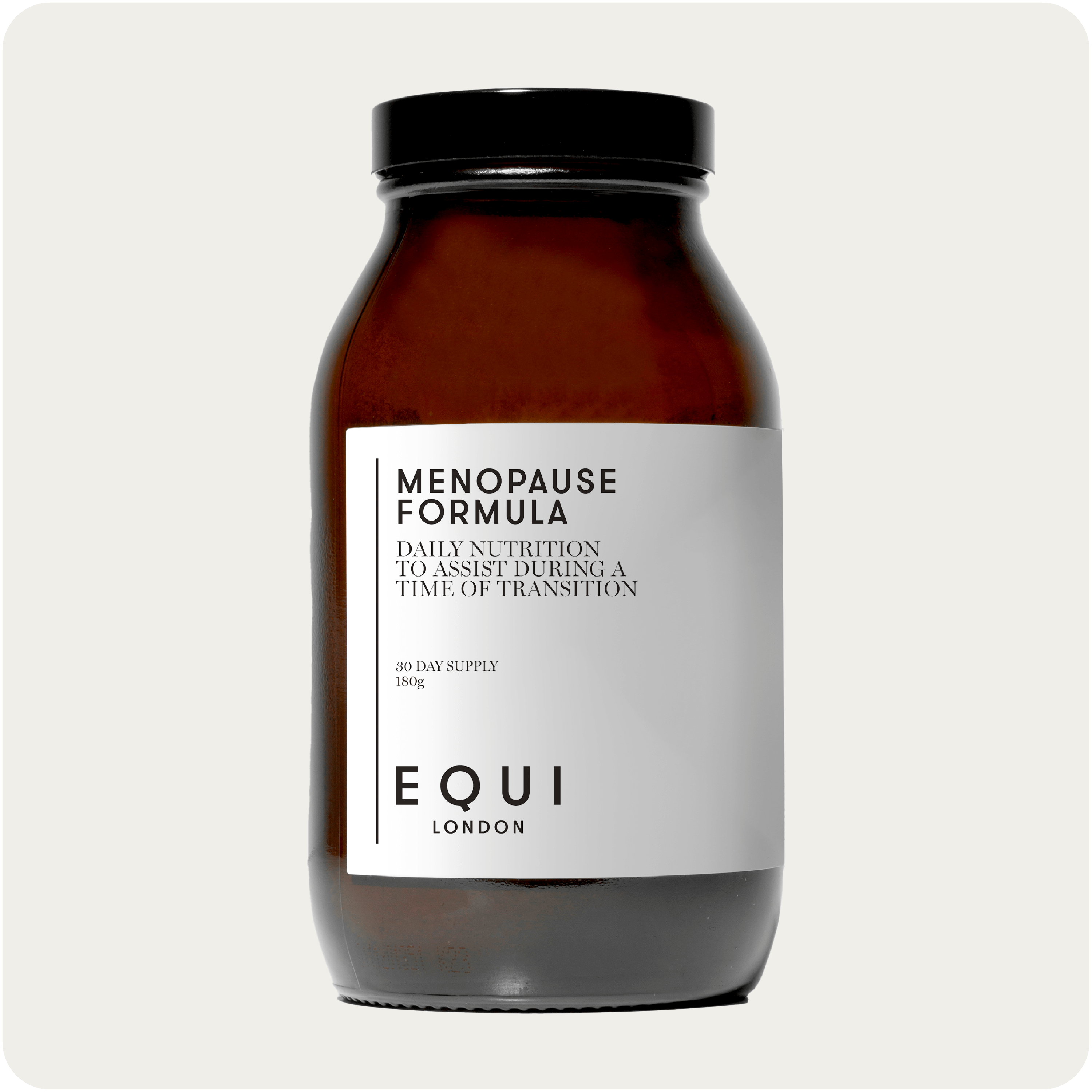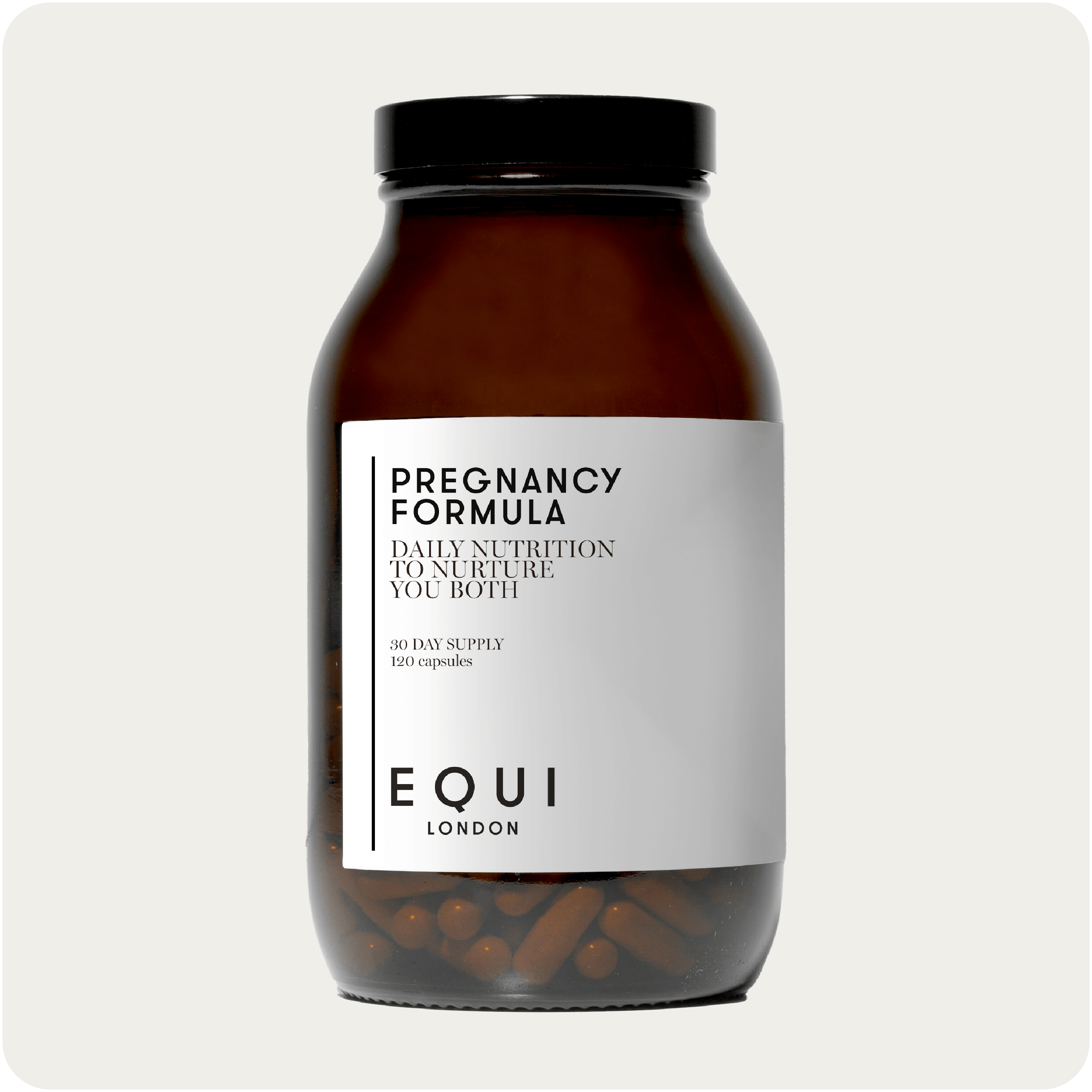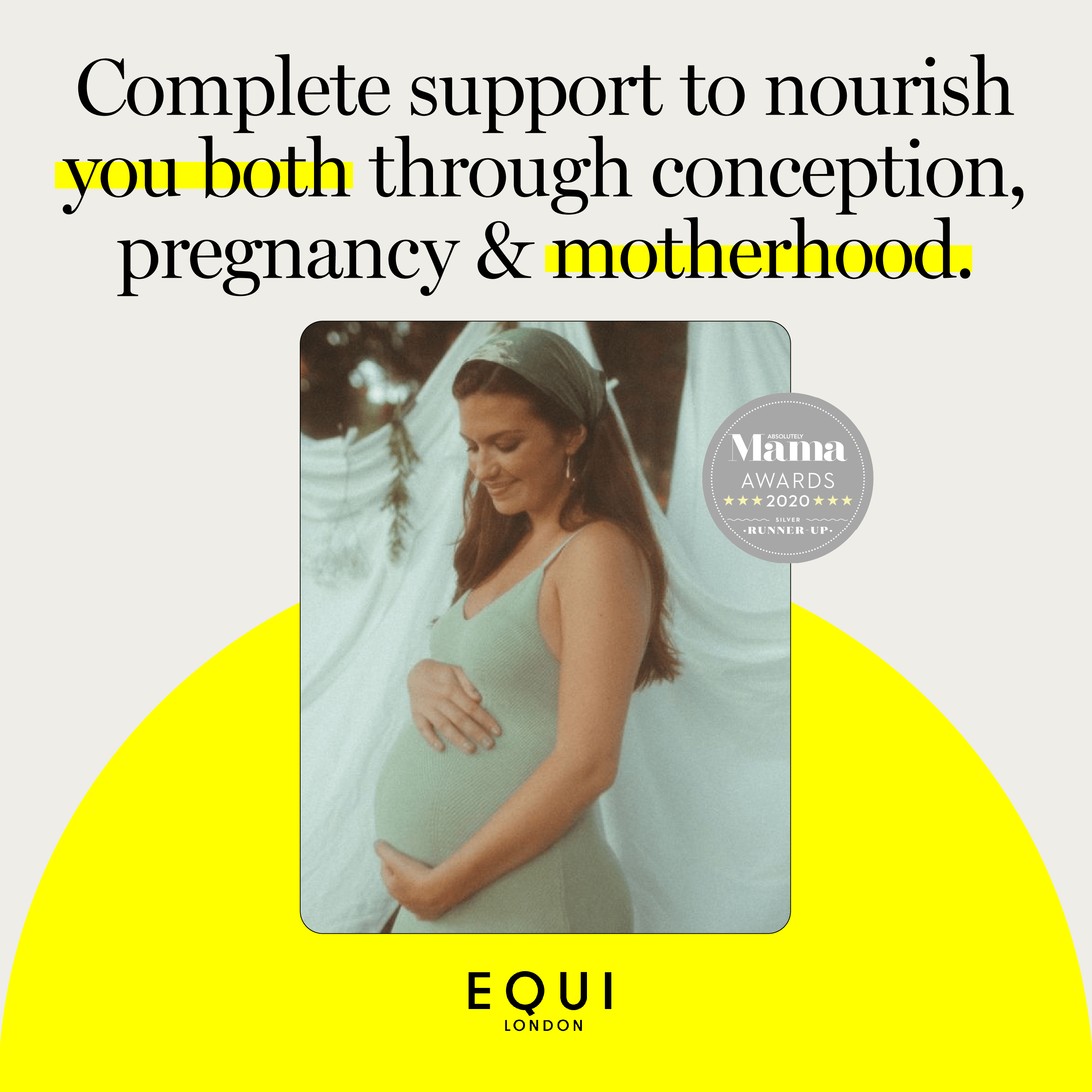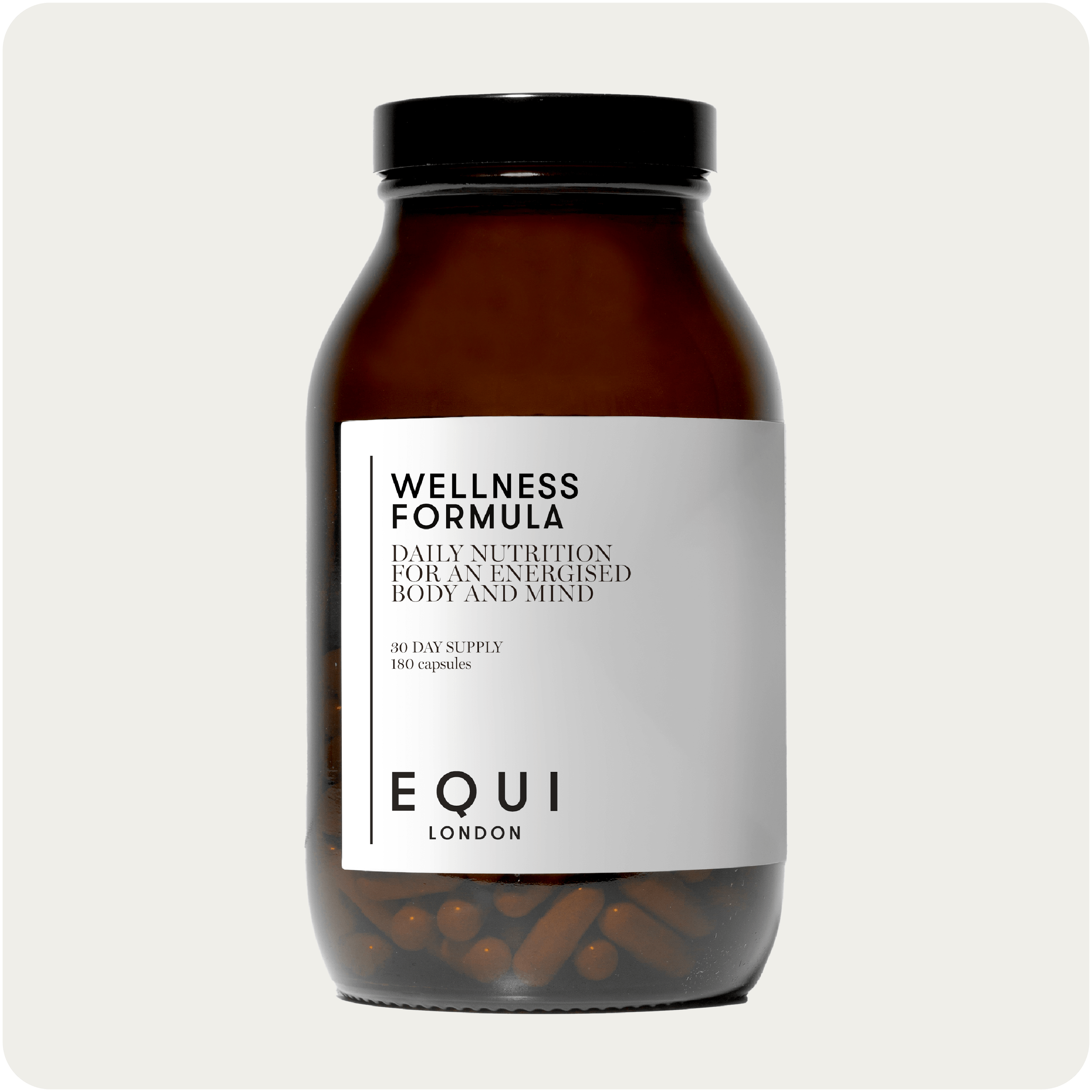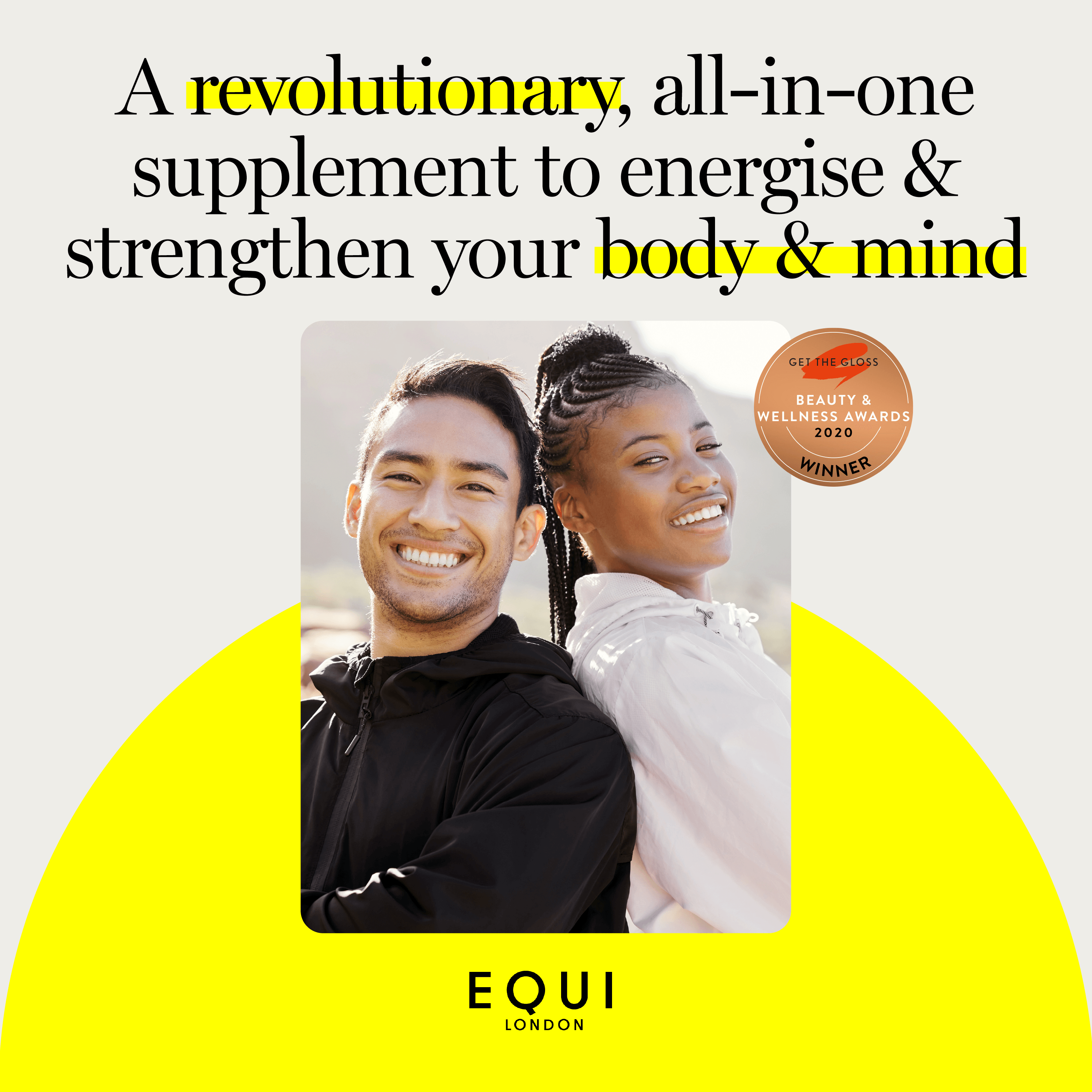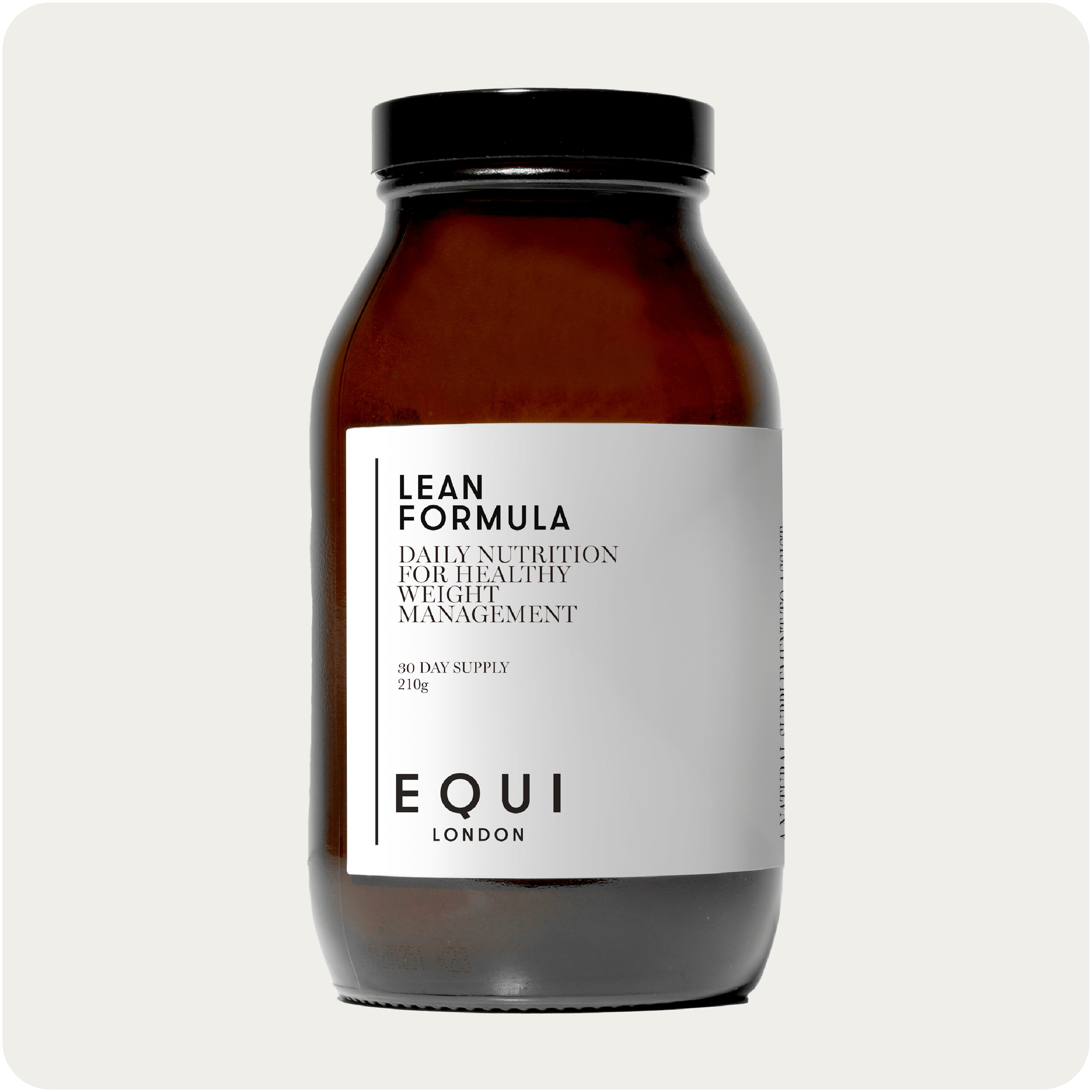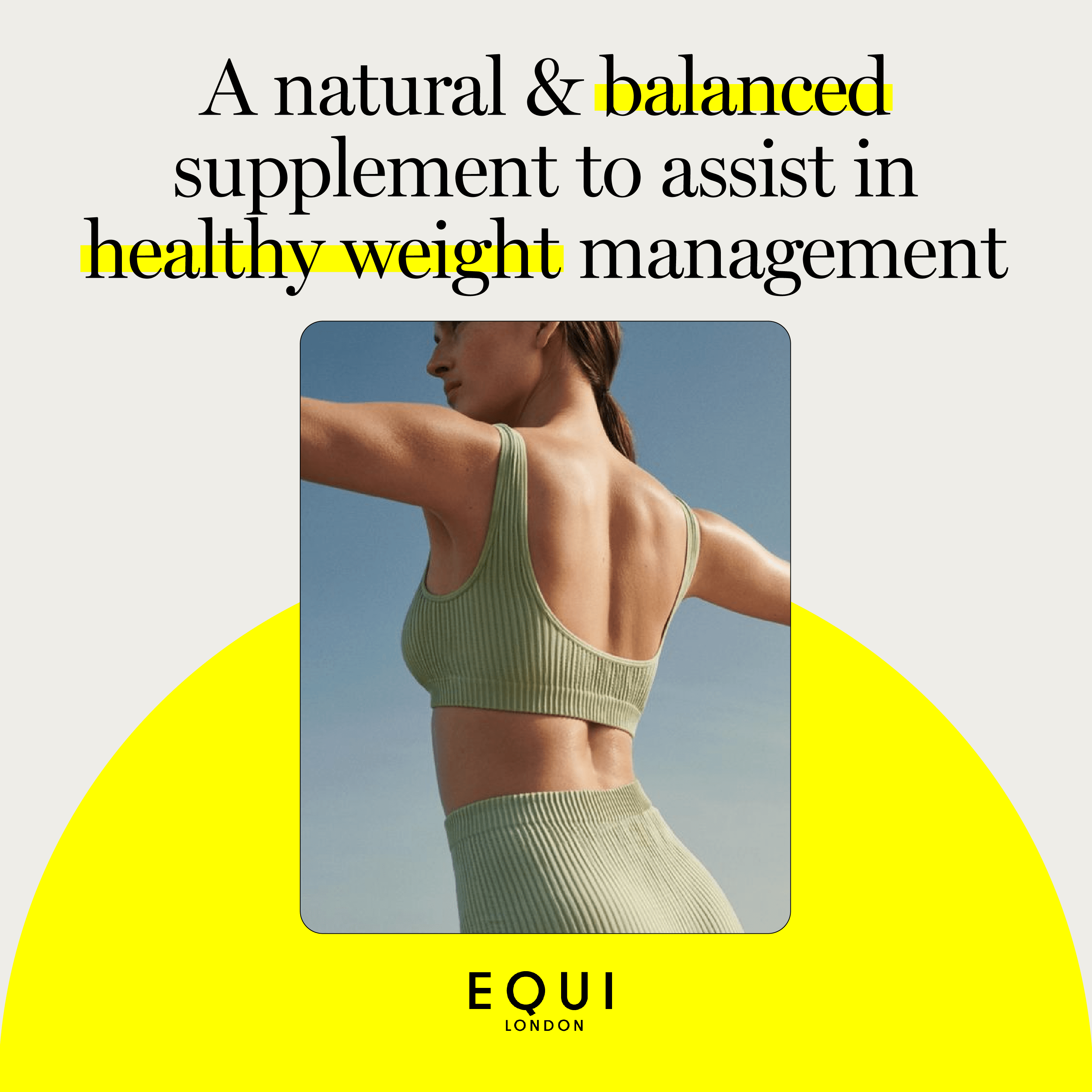
As a woman, it’s normal to notice a shift in energy levels, food cravings and your general mood throughout the month, as these all fluctuate depending on where you’re at in your menstrual cycle.
It can feel frustrating when you don’t feel up to doing that workout you’d planned, or have no energy and just want to curl up on the sofa for the day, but that’s where cycle synching (or ‘menstrual synchrony’) comes in. It's all about working with your body - not against it. Rather than powering though, which we are guilty of, it’s about understanding how and why you're feeling a certain way and getting to know your own cycle and how it affects you. This in turn can help to improve your monthly cycles, and reduce the troublesome symptoms many experience on throughout our cycle.
Read on to learn more about this empowering approach to self-care which could result in you no longer dreading your period…
What Does Cycle Synching Mean?
“Cycle synching means acknowledging where you are at within your cycle and adjusting your lifestyle and routine accordingly,” says nutritional therapist and specialist in female health and fertility, Jodie Brandman. “For example, in the first half of our cycle (just after your period), our hormones are rising and we typically have more energy, we’re more creative, sociable and can tolerate more exercise and lighter foods,” she adds. “The second half of our cycle (after ovulation), our hormones dip.” This often explains why you can feel more lethargic and have less energy. “We naturally want to withdraw and it’s about honouring this and knowing that it’s perfectly normal, and actually beneficial, to nourish our body with more warming foods, scaling back exercise and listening to our intuition.”
Synching Your Cycle
A typical cycle for most women is around four weeks, but that can of course vary by a few days or even weeks depending how regular your period is. There are three focal phases. The first is the follicular stage which is best thought of as the pre-egg release and is usually around day 1-14. Next up is the ovulation stage (at around day 15) which is the process of releasing the egg and then there is the luteal stage (days 16-28) which is the stage after the egg release. The fourth and final stage is your actual period. To really understand your own personal cycle, we’d suggest tracking yours via an app (try Clue or Life) and noting down for a few months how you’re feeling at certain times throughout the month. You’ll likely soon start to see some patterns emerging.
Exercising Throughout Your Cycle
As your energy levels can fluctuate throughout your cycle, it’s good to be mindful of this when it comes to exercise. Try switching up your workouts and not getting too hung up on the fact that some days in the month you may not be feeling your usual weights session or weekend run. “During the follicular phase, strength training and other exercises like barre work are great, whereas at the ovulation stage you can scale up the intensity and try HIIT workouts for example,” says Jodie. “When it comes to the luteal phase, try slowing things down and opting for yoga,” she adds. For days you’re on your period, just see how you feel. For some, working out can help ease symptoms and make us feel better, but for others, it doesn’t. Listen to your body. We actively encourage rest days and not feeling guilty for skipping a workout.
Cycle Synching & Your Diet
Much like your exercise or workout regime, it’s normal to fancy different foods and it's actually a good idea to mix up what you're eating based on where you’re at in your cycle. Your food choices can have a big impact on your hormone levels with certain foods such as sugar, refined carbs, beige foods, alcohol and caffeine all potentially causing imbalances. Hormonal changes also mean metabolic changes, so during your ovulation and luteal phase where your oestrogen levels are dropping, your metabolism is likely to speed up meaning you can increase your calorie intake slightly. “More protein is needed in the first half of our cycle, with plenty of fresh and nutritious fruit and vegetables too,” says Jodie. This is because protein and vegetables help to support the detoxification of oestrogen. “During the second half, we typically fancy more carbs and ‘comfort’ foods but we still need to ensure we’re getting enough protein and healthy fats so our blood sugar levels don't go crazy,” she adds.
Supporting Your Cycle With Supplementation
As mentioned, your diet can have a big impact on your hormone levels so taking a women's nutritional supplement can really help to keep them balanced and ensure you’re feeling your best. “Our Original Formula was created to optimise female health and wellbeing by supporting the gut and detoxification processes as well as balancing hormone levels with specific herbs and adaptogens. It also helps to support energy and immunity,” says co-founder and nutritional therapist, Alice Mackintosh. “It’s packed with 46 different vitamins and minerals to form a blend of antioxidants, adaptogens and probiotics to really provide a foundation of support to the female (and male) body, delivering everything it needs to function optimally,” says Alice. “Vitamin B12, B6, magnesium, iron and iodine all help to reduce tiredness and fatigue as well as contributing to the regulation of hormonal activity and improving your thyroid function.”
Have any tips of your own that you’d recommend? We would love to hear from you! Drop us a line, or check out our Instagram or Facebook to see what we are up to and hear about exclusive offers.
Disclaimer: Certain supplements are used for different reasons and a one-size-fits-all approach shouldn’t be adopted. In addition, pregnant women and anyone on medication should always consult a doctor before embarking on a supplements programme. As with all articles on www.equilondon.com, this is no substitution for individual medical or nutritional advice.
